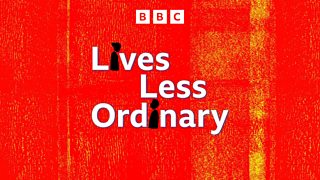Crocodile Hunt, Ending Child Labour
One man's battle with a 600kg crocodile; Nobel Peace Prize for saving India's children; survivor of terror attack in Buenos Aires; wire bridges in Nepal; swimming in the Antarctic
We hear from Mubarak Batambuze, the Ugandan fisherman who killed the crocodile that ate his pregnant wife. He asked a blacksmith to make him a special spear, then risked his own life to take revenge. He's now become something of a hero in his homeland.
We also hear from Anita Weinstein, a survivor of the attack on the Jewish Centre in Buenos Aires.
There was enormous publicity when Malala Yousefzai won the Nobel Peace Prize last year. This overshadowed the fact that she shared the prize with the Indian activist Kailash Satyarthi. He's made it his life's work to campaign against the use of child labour in his country. He's risked his life to do it - and estimates that he's been able to rescue some eighty thousand children.
In rugged and remote parts of western Nepal, many people rely on wire bridges to get to school or to market. The wire bridges cut journey times, but they can be dangerous. We visit western Nepal to meet the people who use these river crossings every day.
And we hear from the British extreme swimmer Lewis Pugh, whose latest challenge is said to be one of the most dangerous swims ever undertaken by a human - swimming the Ross Sea in Antarctica.
(Photo left: Mubarak Batambuze. Credit: Moses Bikala). Photo right: Nobel Laureate Kailash Sathyarthi)



